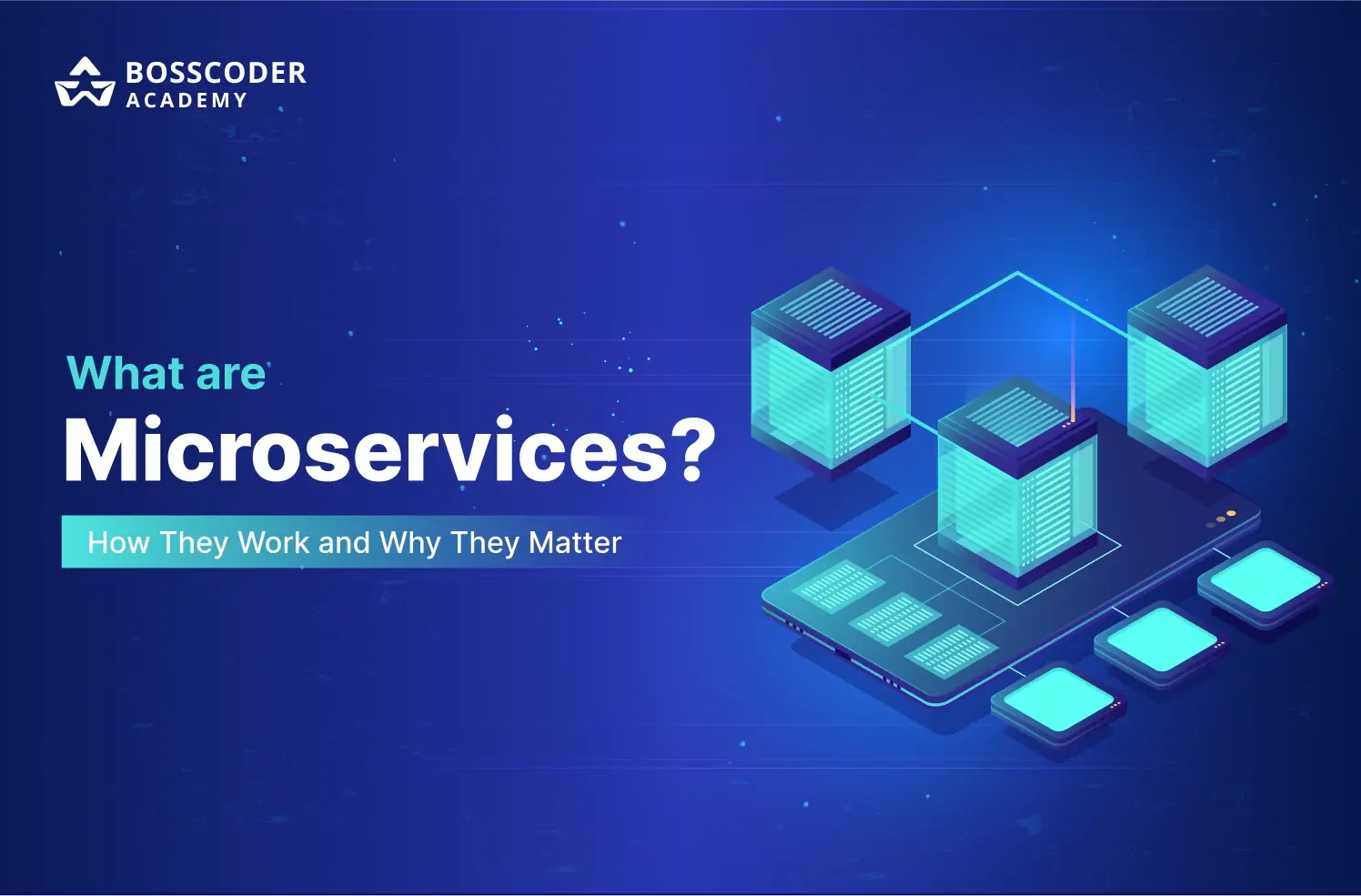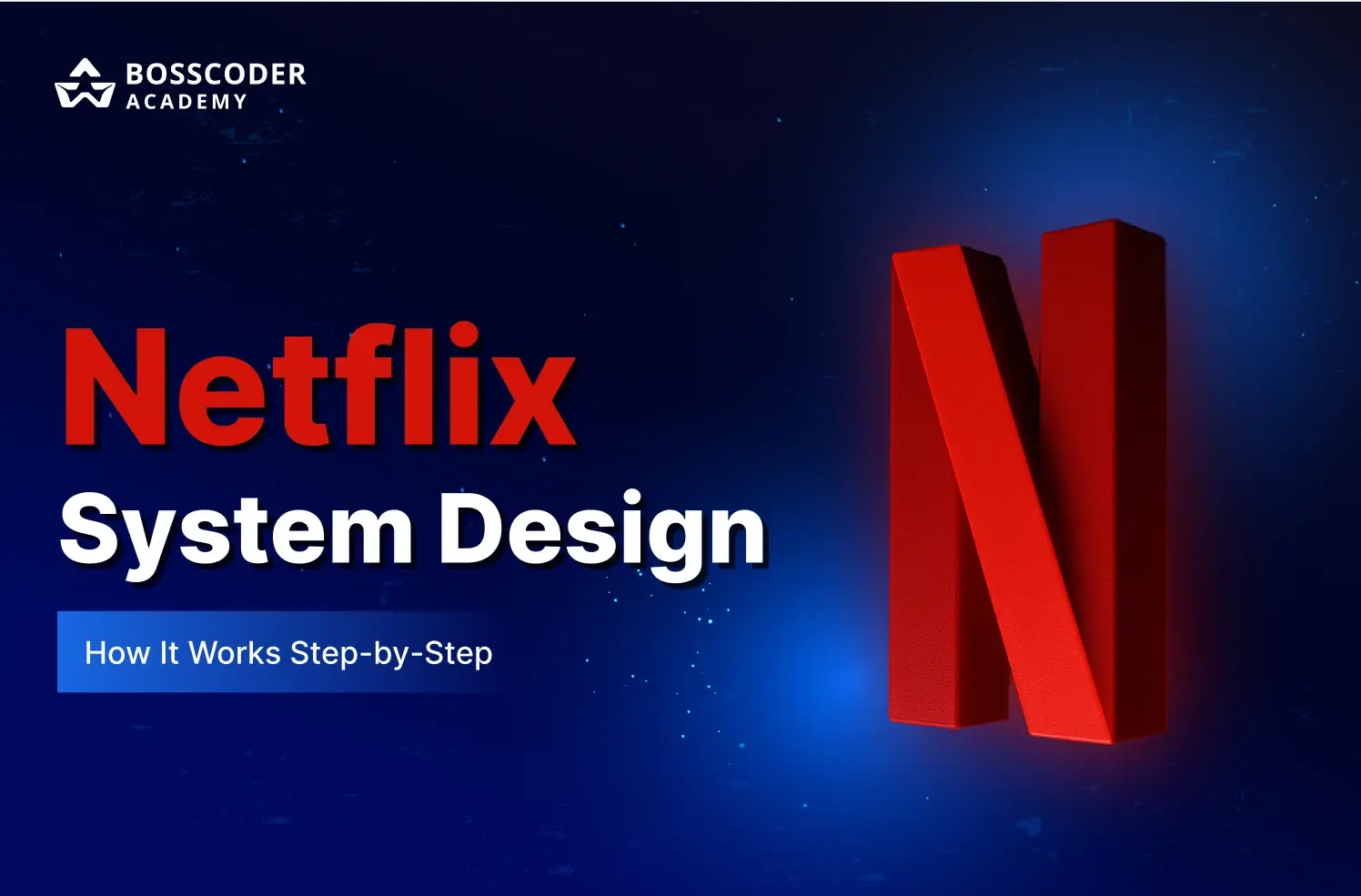Thinking about getting into data engineering? Or maybe you’re already on your way but want some hands-on experience to really get it?
You’re in the right place.
Data engineering isn’t just about writing code — it’s about building the backbone of every data-driven system. That means setting up systems to collect, clean, store, and move data so others (like analysts or AI models) can do their magic.
In this blog, I’ll walk you through 15 awesome data engineering projects—from beginner-friendly to advanced—with source code included. Whether you're just starting out or looking to level up, these projects will give you the experience you need to build a killer portfolio and land that dream job. Let's dive in!
What is Data Engineering, in Simple Terms?
Think of data engineering like building the roads and highways for data. You’re creating systems that collect, clean, store, and move data so that it can be used for things like business decisions, dashboards, or even AI.
The projects in this blog walk you through exactly how that’s done – using tools like Python, SQL, APIs, databases, and cloud platforms (like AWS or Google Cloud).
💡 So, What’s a Data Engineering Project Anyway?
A data engineering project is where you design and build a system that handles data maybe you’re cleaning up messy data from a file, maybe you're building a real-time pipeline that streams data from sensors, or maybe you're prepping data for a machine learning model.
And the cool part? You’ll be working with real tools like:
- Python
- SQL
- Apache Spark, Kafka
- AWS, Google Cloud
Sounds intense? Don’t worry, we’ll start simple.
Why Work on Data Engineering Projects?
Let’s be honest — tutorials are great, but you don’t really learn until you try things yourself.
Here’s what building your own projects gives you:
- Practical Learning: You’ll gain hands-on experience with tools like Python, SQL, and cloud platforms, which are in high demand. This helps you learn by doing, not just reading or watching tutorials.
- Problem-Solving Skills: Projects teach you how to tackle real-world data challenges, like cleaning messy data or scaling systems. You’ll get better at figuring out how to fix things when they don’t work as expected.
- Career Growth: A strong project portfolio can impress employers and showcase your ability to handle data workflows. It shows that you can apply your skills outside the classroom or a course.
- Understanding Data Flow: You’ll learn how data moves from source to storage to analysis, a key skill for data engineers. This makes it easier to build systems that are fast, reliable, and efficient.
- Versatility: These projects prepare you for roles in data science, analytics, or software engineering. You’ll be more flexible in your job options and career path.
Now that we've understood the basic part, let's get straight to the topic and start with Projects that you need to build not just your portfolio but your skills too!
Data Engineering Projects for Beginners with Source Code
Let’s start with 5 beginner-friendly projects that are perfect for building confidence.
- CSV Data Cleaning Tool
This project involves creating a Python script to clean messy CSV files, such as removing duplicates, handling missing values, and standardizing formats. It’s perfect for beginners to learn data preprocessing using Pandas. You’ll create a tool that makes data neat and ready for analysis. It’s a simple way to practice coding with real-world data.
Skills You’ll Learn:
- Use Pandas for data manipulation and cleaning.
- Handle file I/O to read and write CSV files.
- Apply basic data validation to ensure quality.
- Practice error handling for robust scripts.
- Weather Data Scraper
Build a simple web scraper to collect weather data from a public API (like OpenWeatherMap) and store it in a CSV file. This project introduces APIs and data storage. You’ll learn how to grab live data and save it for later use. It’s a fun way to work with weather information.

Skills You’ll Learn:
- Use Python’s requests library to fetch API data.
- Parse JSON responses to extract relevant information.
- Store structured data in CSV files.
- Schedule scripts to run periodically.
- Student Database Management System
Create a system to store and query student records (name, ID, grades) using SQLite and SQL. This project teaches database basics and querying. You’ll build a tool to organize student data easily. It’s great for learning how databases work in real life.
Skills You’ll Learn:
- Design relational databases with SQLite.
- Write SQL queries for CRUD operations (Create, Read, Update, Delete).
- Connect Python to databases using sqlite3.
- Organize data in tables for efficient retrieval.
- Twitter Sentiment Analysis Pipeline
Develop a pipeline to fetch tweets using the Twitter API, clean the text, and perform basic sentiment analysis. Store results in a CSV file. You’ll create a system to understand emotions in tweets. It’s a cool project to explore social media data.

Skills You’ll Learn:
- Work with APIs to collect real-time data.
- Use NLP libraries like TextBlob for sentiment analysis.
- Clean text data by removing noise (e.g., hashtags, URLs).
- Save processed data for further analysis.
- Budget Tracker with MySQL
Build a budget tracker to record expenses and generate summary reports using MySQL and Python projects. Users can input expenses and view spending patterns. You’ll make a tool to help people manage money. It’s a practical way to learn databases and reporting.
Skills You’ll Learn:
- Create and manage MySQL databases.
- Write SQL queries to summarize data.
- Use Python to connect to MySQL and process inputs.
- Generate simple reports from stored data.
If you think that these beginner projects are too easy for you, let's level up a bit.
Intermediate Level Data Engineering Projects with Source Code
Already know the basics? These next 5 projects add more complexity and teach you to think like a real data engineer.
- ETL Pipeline for Retail Sales
Create an ETL (Extract, Transform, Load) pipeline to process retail sales data. Extract data from CSV files, transform it (e.g., calculate total sales), and load it into a PostgreSQL database. You’ll build a system to organize sales data for businesses. It’s a great step into real-world data workflows.
Skills You’ll Learn:
- Build ETL workflows using Python and Pandas.
- Use PostgreSQL for scalable data storage.
- Handle data transformations like aggregations.
- Automate pipelines with scheduling tools.
- Real-Time Stock Price Tracker
Develop a system to fetch real-time stock prices from an API (like Alpha Vantage) and store them in a MongoDB database for analysis. You’ll create a tool to track stock market trends. It’s exciting to work with live financial data.

Skills You’ll Learn:
- Work with real-time APIs for data ingestion.
- Use MongoDB for NoSQL data storage.
- Process time-series data efficiently.
- Visualize data trends using Python libraries like Matplotlib.
- Log File Analysis Tool
Build a tool to analyze server log files, extract key metrics (e.g., error rates, user activity), and store results in a database. Use Python and regular expressions. You’ll make a system to monitor server performance. It’s useful for understanding system health.
Skills You’ll Learn:
- Parse unstructured log data with regex.
- Store processed data in a relational database.
- Use Python for data aggregation and reporting.
- Optimize queries for large datasets.
- Movie Recommendation Data Pipeline
Create a pipeline to process movie ratings data, e.g., from MovieLens, and generate user recommendations using collaborative filtering. Store results in a database. You’ll build a system to suggest movies to users. It’s a fun way to dive into recommendation systems.

Skills You’ll Learn:
- Process large datasets with Pandas or PySpark.
- Implement basic recommendation algorithms.
- Store structured data in a database like PostgreSQL.
- Optimize data pipelines for performance.
- Cloud-Based Data Warehouse
Set up a small data warehouse on AWS using S3 for storage and Redshift for querying. Load sample datasets and run analytical queries. You’ll create a system to store and analyze big data. It’s a professional way to learn cloud technologies.
Skills You’ll Learn:
- Use AWS S3 for scalable data storage.
- Set up and query Redshift for data warehousing.
- Write SQL for analytical queries.
- Automate data loading with Python scripts.
Once you feel you're able to solve these
Advanced Level Data Engineering Projects with Source Code
These are projects you'd be proud to put on your resume or GitHub. They’re complex but incredibly valuable.
- Real-Time Data Streaming with Kafka
Build a real-time data streaming pipeline using Apache Kafka to process sensor data (e.g., IoT device readings). Store results in a database or display them on a dashboard. You’ll create a system to handle live data flows. It’s perfect for learning cutting-edge tech.
Skills You’ll Learn:
- Set up Kafka for real-time data streaming.
- Process streaming data with Python or Scala.
- Store processed data in a time-series database.
- Build dashboards with tools like Grafana.
- Scalable Data Lake on Google Cloud
Create a data lake using Google Cloud Storage and BigQuery to store and analyze large datasets, such as e-commerce transaction logs. You’ll build a system to manage massive data efficiently. It’s ideal for mastering cloud-based analytics.

Skills You’ll Learn:
- Design data lakes for unstructured and structured data.
- Use BigQuery for large-scale analytics.
- Automate data ingestion with Google Cloud Functions.
- Optimize queries for cost and performance.
- Distributed Data Processing with Apache Spark
Build a distributed data processing system using Apache Spark to analyze massive datasets, like social media activity logs. You’ll create a tool to handle big data at scale. It’s a powerful way to learn distributed computing.
Skills You’ll Learn:
- Use Spark for distributed data processing.
- Optimize Spark jobs for performance.
- Process unstructured data at scale.
- Integrate Spark with Hadoop or cloud platforms.
- Machine Learning Data Pipeline
Develop a pipeline to prepare data for machine learning models, including feature engineering, data validation, and storage in a feature store. You’ll build a system to support AI projects. It’s a great way to connect data engineering with machine learning.
Skills You’ll Learn:
- Build end-to-end ML data pipelines.
- Use tools like Feast for feature stores.
- Automate data preprocessing with Airflow.
- Ensure data quality for ML models.
- Event-Driven Data Pipeline with Airflow
Create an event-driven pipeline using Apache Airflow to orchestrate data workflows, such as processing user activity logs triggered by events. You’ll make a system to automate complex data tasks. It’s a professional tool for managing data workflows.

Skills You’ll Learn:
- Use Airflow for workflow orchestration.
- Build event-driven data pipelines.
- Integrate with cloud services like AWS or GCP.
- Monitor and troubleshoot complex workflows.
Ready to take your data engineering skills to the next level? Enroll in a comprehensive data engineering course at Bosscoder Academy to gain expert guidance, hands-on projects, and career support. Start your journey to becoming a top data engineer today!
Conclusion
These top 15 data engineering projects with source code offer a practical way to build your skills and create a strong portfolio. From simple data cleaning tools to advanced real-time streaming systems, these projects cover the full range of data engineering tasks.
Beginners can start with basic tools like Python and SQL, while advanced learners can dive into cloud platforms, Spark, and Kafka. Customize these projects to suit your needs, and use them to showcase your expertise in job interviews or academic submissions. Start building today and take your data engineering career to the next level!
FAQs
Q1. What skills do I need to start data engineering projects?
Answer: For beginners, you should have basic knowledge of Python, SQL, and data manipulation concepts. Familiarity with tools like Pandas for data cleaning and manipulation is essential. As you progress, you'll need to learn about databases, ETL processes, cloud platforms, and distributed computing frameworks like Apache Spark or Kafka.
Q2. How do I choose the right data engineering project for my skill level?
Answer: Start with projects that match your current skills. Beginners should focus on data cleaning, basic API integration, or simple database management systems. Intermediate learners can tackle ETL pipelines and NoSQL databases, while advanced practitioners can work on distributed systems, real-time processing, or cloud-based data lakes.
Q3. What are the most important tools for data engineering projects?
Answer: Key tools include Python for scripting, SQL for database operations, Apache Airflow for workflow orchestration, Apache Spark for distributed processing, Kafka for real-time streaming, and cloud platforms like AWS, Google Cloud, or Azure. Choose tools based on your project requirements and career goals.
Q4. How can data engineering projects help my career?
Answer: Data engineering projects demonstrate practical skills that employers value. They show your ability to solve real-world data problems, work with industry-standard tools, and build end-to-end systems. A strong portfolio of projects can help you stand out in job interviews and provide concrete examples of your capabilities.
Q5. How do I showcase my data engineering projects to potential employers?
Answer: Create a GitHub repository with well-documented code, include detailed README files explaining project architecture and outcomes, create visual diagrams of your data flows, and prepare concise presentations that highlight problems solved and technologies used. Consider writing blog posts about your implementation process and lessons learned.









